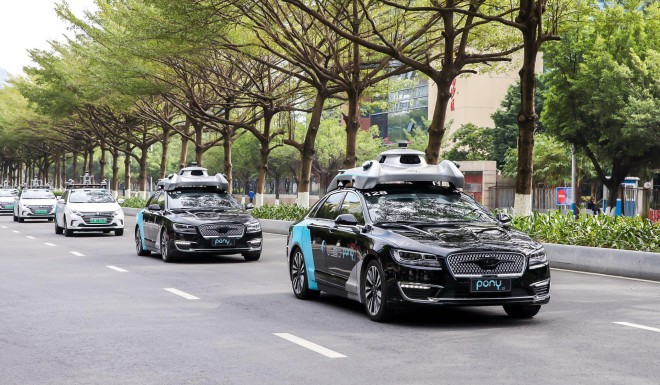
Nansha, the pearl of the Greater Bay Area (GBA), is in full speed to foster artificial intelligence AI innovation
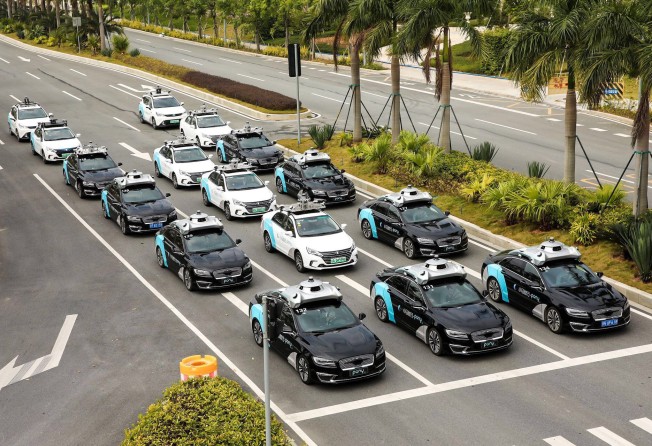
[Sponsored Article]
A global race to speed up artificial intelligence applications AI and innovations is on. Nansha district of Guangzhou, which is located in the geographical center of the Greater Bay Area (GBA), China’s biggest economic engine, is acting quickly for opportunity to play a leading role on AI.
Betting big on the core technology behind cutting-edge applications such as self-driving and facial recognition widely applied in the financial, public security and aviation sectors, Nansha is taking advantage of its distinguished status as one of China’s pilot Free Trade Zones - awarding the country’s most generous support policies for companies and talents - and developing itself into a global artificial intelligence powerhouse that will be home to a 30-billion-yuan industrial cluster by 2020, with more than 300 AI tech companies.
Nansha’s efforts are a key part of Beijing’s three-year plan for artificial intelligence supremacy, set by the National Development and Reform Commission (NDRC), China’s top economic planning agency, including the goals of building a domestic AI industry worth about US$150 billion and to make the country an “innovation centre for AI” by 2030.
Five main R&D platforms on AI applications and innovations have well established in Nansha, including Guangzhou International Institute of Artificial Intelligence, Guangzhou Industiral Research Institute of Intelligent Software, iFLYTEK A.I Research Institute of Southern China, Cloudwalk AI Visual Images Innovation and Research Centre and Heung Kong International Tech Innovation Centre.
A number of high-calibre talents are attracted to work in Nansha, including Si WEI, Dean of Iflytek A.I. Research Institute of Southern China and Tiancheng LOU, CTO of Poni.ai., both of whom belong to the list of “35 Innovatiors under 35” of MIT Technology Review. In addition, over 130 AI tech companies, including NovuMind, LinkDoc, Makeblock, Tongdun, etc. have currently operated in Nansha, focusing on fields of voice recognition, chip development, smart city, smart health care and natural language processing (NLP), etc..
Nansha is under spotlight of the world for a pilot demonstration project in autonomous driving. Nansha-based Pony.ai is picking up speed to expand its trial to the general public, who can hail a ride through a booking app, with plans to boost its robotaxi fleet to 80-100 from the current 30 by 2019.
The company, which announced the series A funding by a self-driving start-up in China, of the US$ 214 million, moved its headquarters to the city in October last year, due to Nansha government’s boldness and ambition to support and spur artificial intelligence adoption in the district.

Pony.ai “robotaxis” are now being tested by some invited members of the public and will still have a driver behind the wheel to take over in an emergency. Next year, the self-driving taxis would be available for those living and travelling in Nansha within a 30-sq-km selected area in Nansha district and replicate to a larger area of 50 sq km in 2020.
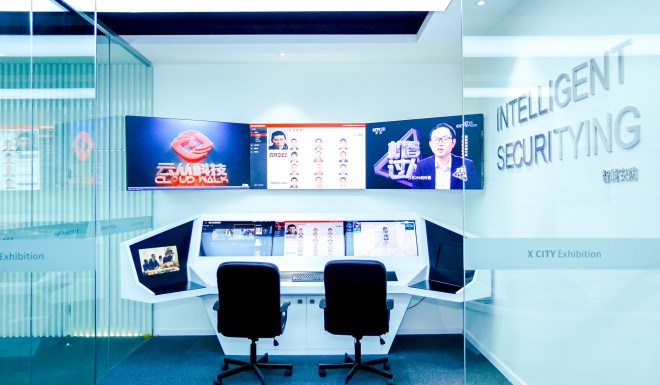
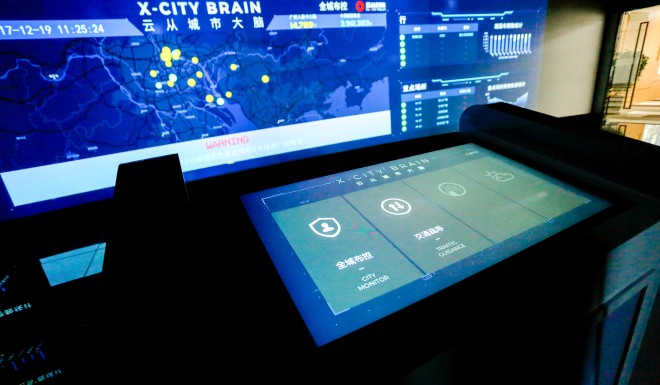
Cloudwalk was founded in 2015. Its founder Xi ZHOU graduated from the University of Illinois at Urbana-Champaign (UIUC) and partnered with UIUC professor emeritus Dr. Thomas S. HUANG, a leading image and pattern recognition expert, to back the company’s AI research.
In March 2017, NDRC tasked Cloudwalk with building an AI Infrastructure Public Service Platform, putting the company on China’s national AI team and expediting AI technology adoption in the public sector. Cloudwalk has applied its facial recognition services in more than 60 airport hubs and 400 banks across China, of nearly 70 percent of the domestic market share in banks and airports in China.
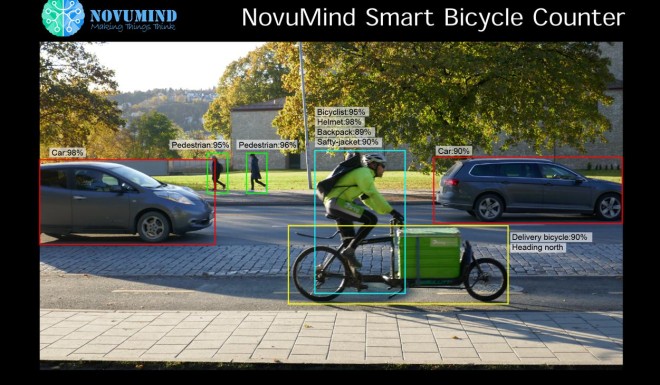
NovuMind Guangzhou Limited was established in Nansha in 2017. The NovuMind team has expertise in machine learning, chip design, and high-performance computing. NovuMind provides full-stack solutions and products to the market, ranging from AI processors to scalable deep-learning training platforms, helping other companies deploy the power of AI into their products.
Novumind’s AI processors, sometimes also referred to as NovuTensor chips, are built for performing AI inferences, having breakthrough performance-to-power ratios that make the AI processors ideal for deployment in embedded applications and edge servers.